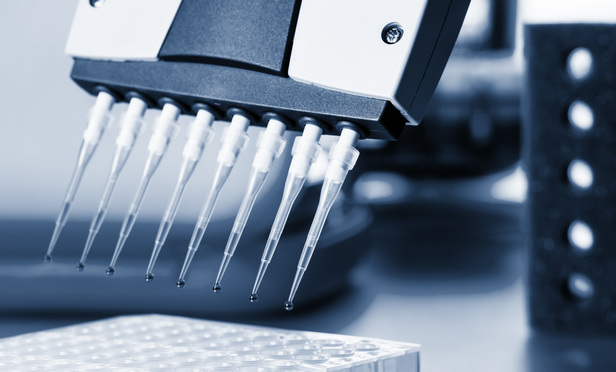With the proliferation of digital data, courts have moved to regulate how certain electronic information should be handled and when it can be used in courts. And though not always permitted as evidence, the veracity of electronic information often goes unquestioned by judges and jurors alike. Some legal professionals, however, view this as naïve and shortsighted.
Machine-created evidence is already influencing many trial processes and outcomes. In a panel at New York University School of Law’s “Algorithms and Explanations” event, Andrea Roth, assistant professor of law at the University of California at Berkeley Law School, noted that machine-generated proof is already supplied by a multitude of technology, from breath analyzers, polygraph tests, radar guns and red-light cameras to DNA interpretation software and even such common internet tools as Google Earth.



